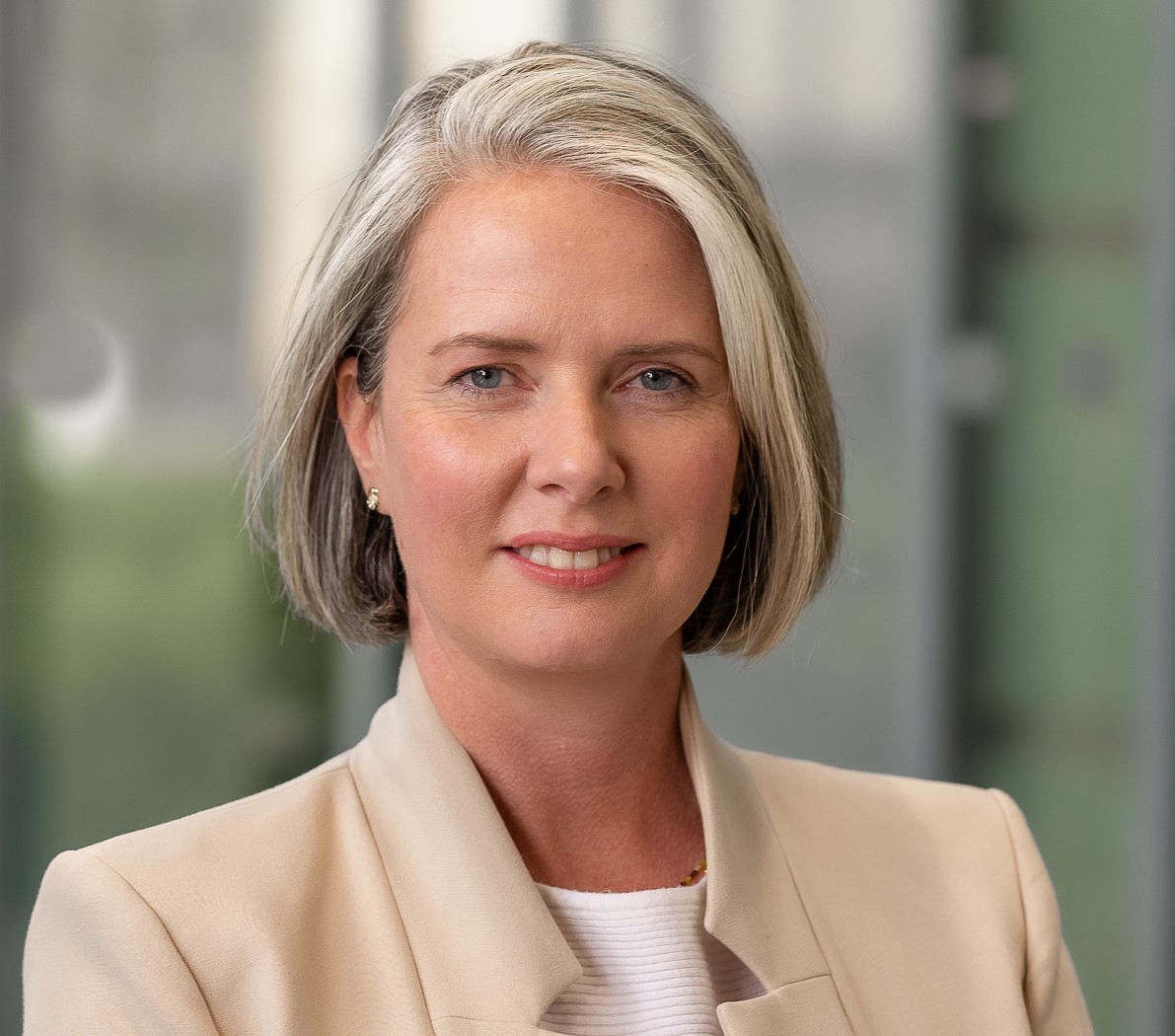Bravura consultant Jonathan Hawkins hosted a discussion with Nicola Morgan, Head of Pensions, Marks and Spencer about the UK pensions market – including pensions engagement, the UK attitude to long-term saving, the responsibility of employers, pension dashboard and many more interesting topics – and how things could be improved for pension savers, companies providing a workplace pensions and the savings environment.
There were several key themes which arose from our discussion with Nicola Morgan, Head of Pensions, Marks and Spencer, which we feel will be at the heart of all workplace pensions. We cover some of them here.
The retailer has around 56,000 staff working in its shops, offices and warehouses around the UK and has a culture of ensuring the physical, mental and financial wellbeing of its staff, driven from the top of the company.
When it comes to financial wellbeing, one of the key challenges, Nicola pointed out, was ensuring that her colleagues understood and engaged with their retirement saving. Avoiding the word pension, because of the negative connotations it could conjure up in people’s minds, Nicola said M&S talked instead about people deferring their salary. “If you say the word pensions, people switch off. For the younger generation a pension is something that only seems relevant 50 years in the future. Instead, we talk in terms of giving up some salary now which can be accessed when retired.” That concept she says, is easier to understand and to own.
Also, it’s not just about retirement saving. As a responsible employer, M&S wants to help develop a workplace savings culture. It does this through its workplace pension, share scheme and other savings products, it will shortly be introducing an ISA savings plan, available through salary sacrifice.
“Saving has to be looked at as a more holistic proposition that includes short-term and long-term goals,” Nicola explains. “This was brought home by the Covid-19 pandemic, where people needed to have money they could call on now, in an emergency, without it detrimentally affecting their saving for the future.”
Compared with the Australian model of retirement saving, which is a more member/consumer centric model as opposed to the UK model which is more employer centric, a question was raised whether the UK model had brought in its own problems?
Nicola pointed to the Australia system having state pension, compulsory superannuation and good savings messaging. In the UK, she suggested the attitude was one more of remaining compliant with legislation. Her fear she said, is that auto enrolment is not going to deliver the retirement income experience that people are expecting. Defined benefit pensions had created expectations which the movement to defined contribution pensions over the past few decades was not going to match. “The messaging around this area needs to be improved,” she said.
She also expects there to be a change in the way retirement is viewed, driven by financial circumstances, which is likely to see people semi-retire, supplementing their income for some time into their retirement years. “We are at a pivotal point of change between the generations.”
Communication
Messaging and communication were other key themes.
The challenge that M&S and other employers have, Nicola said, is not around the savings vehicles available but “how to communicate; finding the right messages and making it easy for people to engage.”
“That’s where technology comes in massively. Most people have access to a computer or smartphone or tablet these days. They are engaged with that to do their banking, book a train ticket and so on. That’s the mindset we need to make workplace savings easy and accessible.
“From an employer’s perspective, it means looking at anything we can do to make that journey more joined up and accessible and starting the education process as early as possible.”
But again, she added, the attitude in the UK is ad hoc rather than constructed. “It doesn’t feel as if there is any national impetus driving people’s experience, everything is very employer or individual centric. What is available to you can depend on how good your employer is, their appetite for helping staff save and the resources they are willing to put into it.”
The Government’s Pensions Dashboards initiative will enable individuals to find and see their various pensions on one screen and so make more informed decisions about their retirement. Nicola believes conceptually it is “a fantastic idea”, although she has concerns around implementation and delivery.
“From a DC perspective it will be easier to show someone all their pots and what they add up to – which means they can make a more informed decision. But how you show DB pensions will be more of a challenge.
“Above all, the consumer journey has to be the focus. The easier we make it the better.”
Using technology
Within M&S, while a great deal of the messaging will be delivered through the traditional methods – line management and HR, they are not expected to be experts – “they need to know where to send people and who put them in touch with,” Nicola says.
“Overlaying that we have really good networks – we have a buddy network and we are launching a wellbeing network – which will include advocates for wellbeing as a central touch point, who can help signpost people to right place.”
Technology is the third part of the solution. M&S makes use of Apps to help colleagues find the information they need and take action. “But you can’t just introduce an App and think that’s it,” Nicola points out. “You have to communicate about it and keep the momentum up longer term, introducing new ideas and keeping it fresh.”
It’s important, also she says, to build communication and plan engagement around the technology – “partnering with the technology, if you like”, as well as keeping an eye on the technology roadmap and what’s coming next. “Will it provide a better or easier solution, to help drive up engagement and keep people interested? People like using new things – you need to constantly review to see if the technology is doing the job you intended.
“We should be embracing technology, using all the channels at our disposal at that point in time to get information out there and also looking for the next opportunity to talk about it further down the line.”
Final question
We ended the interview with our usual question: If Nicola had one wish, how would she change the pensions/long-term savings market?
Her answer was emphatic: “I’d make it simpler. Pensions A-day in 2006 was supposed to make pensions simpler but they are even more complex today than they were then.
“The point is, the more complicated you make it for people the less interested they are in it. I don’t want it to be complex. I want people to be able to understand it so they can be engaged. So they can get the best outcome for them.”
You can watch the whole discussion here.
Keep an eye out for more #BVSinConversation discussions.
More Insights

